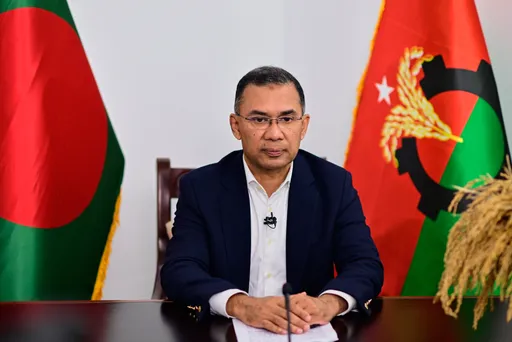Increasing numbers of children are being killed or targeted for recruitment by armed groups in conflicts raging at Niger’s borders with Mali and Burkina Faso, Amnesty International has said in a report.
"In Niger’s Tillaberi region, an entire generation is growing up surrounded by death and destruction," said Matt Wells, Amnesty's deputy director for crisis response.
"Armed groups have repeatedly attacked schools and reserves, and are targeting children for recruitment," he added in a statement on Monday.
READ MORE: Boko Haram attack kills over a dozen soldiers in southern Niger
Amnesty blamed Daesh's local chapter (also known as ISGS) and another Al Qaeda-affiliated group for causing the "devastating impact on children" in the region.
The rights group released a 57-page report documenting the impact on children of the conflict in Niger’s western Tillaberi, a vast area of 100,000 square kilometres (38,000 square miles) on the borders of Mali and Burkina Faso home to different ethnic groups such as Djerma, Fulani, Tuareg and Hausa.
The region is part of what's known as Sahel, a territory that runs through five West African nations.
READ MORE: Italy calls for task force to counter Daesh threat in Africa
According to conflict tracking organisation ACLED, cited by Amnesty, violence against civilians has led to 544 conflict-related deaths from January to July 23 this year, already exceeding the 397 people killed in the whole of 2020.
"Armed groups have killed more than 60 children in Niger’s tri-border area in 2021," the report said, adding that Daesh, which operates primarily on the border with Mali, appears responsible for most of the large-scale killing.
"The Nigerian government and its international partners must urgently take action to monitor and prevent further abuses and protect the basic rights of all those affected by this deadly conflict –- especially children," said Wells.























